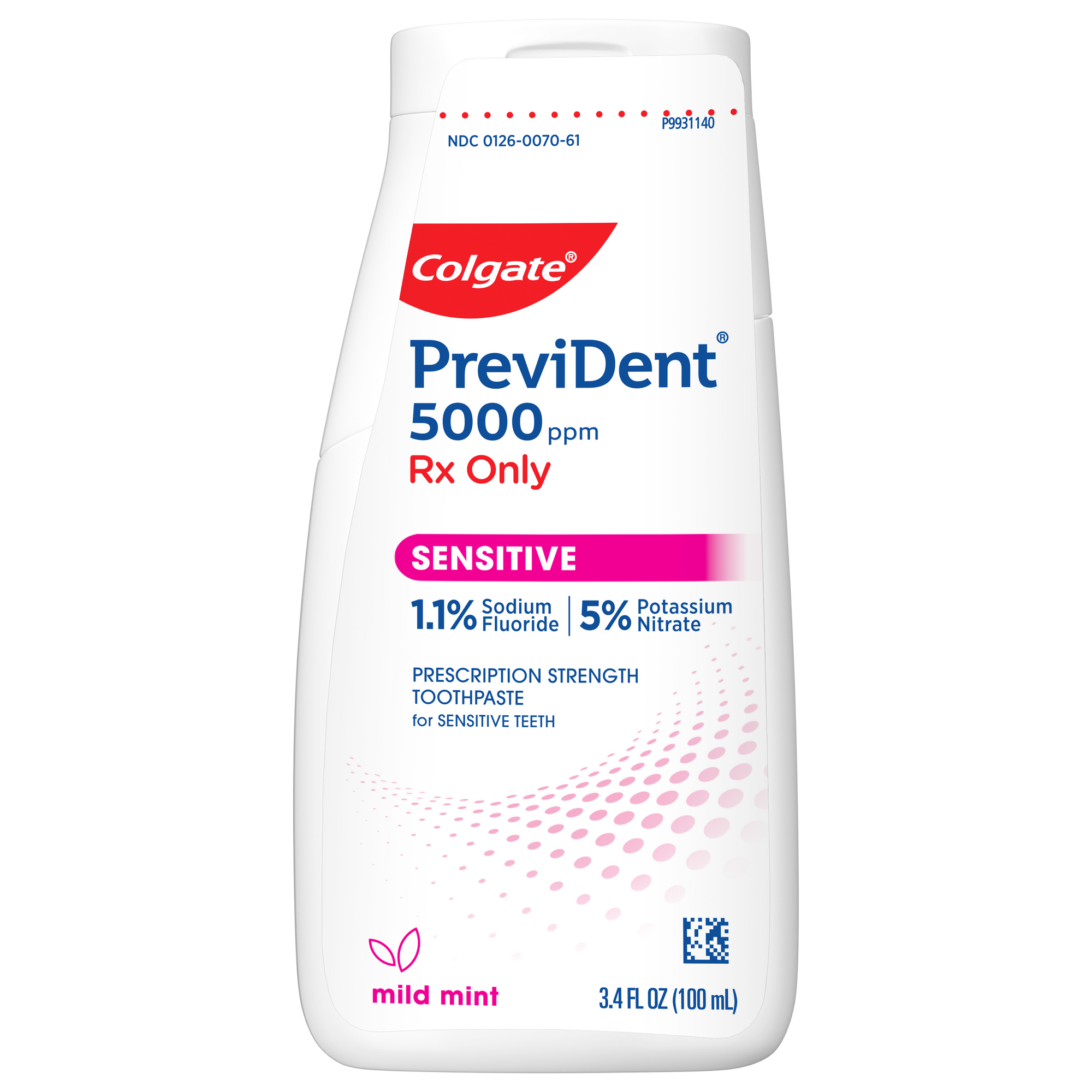What is a Dehydrated Tongue?
Does your tongue feel dry or even swollen? If you said "yes" to either of these symptoms, your tongue might be dehydrated. Here's the deal: A dry, dehydrated tongue isn't a sign that your mouth is dehydrated. It's a sign that your entire body requires more fluids.
When you're not hydrating properly, your body starts to conserve the fluid it has. That's why one of the first signs of dehydration shows up in the mouth as decreased saliva production. This is why your tongue might feel dry and even swollen.
Signs of Dehydration
Water makes up about 50% to 70% of your body weight, and it's essential to survival. Dehydration is a depletion state where your body doesn't have the amount of fluid (or water) it needs to function correctly. Generally, healthy people should drink between 4-6 cups of water per day. That being said, certain conditions may require you to drink more or less. And it's best to check with your doctor if you need clarity about the right amount of water you need to drink daily.
Most day-to-day cases of dehydration are moderate and can be cured by increasing water or fluid intake. When this happens, urination may become dark and less frequent, and you might even get a headache. Plus, if you don't have enough saliva in your mouth, your oral health could become comprised, increasing your risk of developing plaque, tooth decay, and gum disease.
When dehydration becomes more serious, however, it starts to impact the way your body works. And you could experience confusion, irritability, listlessness, rapid heartbeat, and even unconsciousness.
Causes of Dehydration
Sometimes dehydration happens because of simple reasons. Like maybe you didn't drink enough water because you were busy or you didn't have enough water while you were traveling. Other causes include:
- Severe diarrhea or vomiting
- A high fever
- Excessive sweating
- Increased urination from undiagnosed, uncontrolled diabetes or certain medications
Signs of a Healthy Tongue
A healthy tongue is pink and covered with small nodules (papillae). It is also well-moistened, with saliva functioning to help you break down food before digestion and coat and protect your teeth from bacteria and decay. If your tongue is dry and rough, it could mean that it's not well-hydrated.
Potential Health Issues
If you feel like you're well-hydrated and drinking enough water every day, and you still have a dry, dehydrated tongue, there might be something else going on. If the problem is chronic, it's best to talk to your health care provider as soon as you can.
What causes a dry tongue and or mouth? Some causes include:
- Autoimmune diseases such as Addison's disease
- Side effects of medication
- Chemotherapy or radiotherapy side effects
- Hormonal changes
- An Infection
Preventing and Treating a Dry Tongue
To prevent a dry tongue, drink plenty of fluids. It's also helpful to eat foods high in water, such as fruits and vegetables.
If your tongue already feels dry, the first thing to do is drink more water. You can also try sucking on ice or lozenges to help relieve the dry mouth that often comes along with it.
While you're experiencing a dehydrated tongue, it's also essential to keep your teeth healthy and safe from the effects of having low saliva. Brush twice a day and floss daily! You can also use a peroxide-free and alcohol-free mouthwash to help keep your mouth from feeling dry.
If your tongue is dehydrated, you're now in the know about what it means and how to deal with it. As we covered, dehydration can come from simple things like not drinking enough when you're busy. But it can also be the result of having a fever or vomiting. Remember, a healthy tongue is pink and moist. If it's looking dry, the first step is to drink more water. You can also try sucking on ice. If you feel like your dry tongue is more chronic, check in with your doctor right away. They'll help you get on track, so your smile is healthy and well-hydrated.
This article is intended to promote understanding of and knowledge about general oral health topics. It is not intended to be a substitute for professional advice, diagnosis or treatment. Always seek the advice of your dentist or other qualified healthcare provider with any questions you may have regarding a medical condition or treatment.
ORAL HEALTH QUIZ
What's behind your smile?
Take our Oral Health assessment to get the most from your oral care routine
ORAL HEALTH QUIZ
What's behind your smile?
Take our Oral Health assessment to get the most from your oral care routine







.jpeg)







